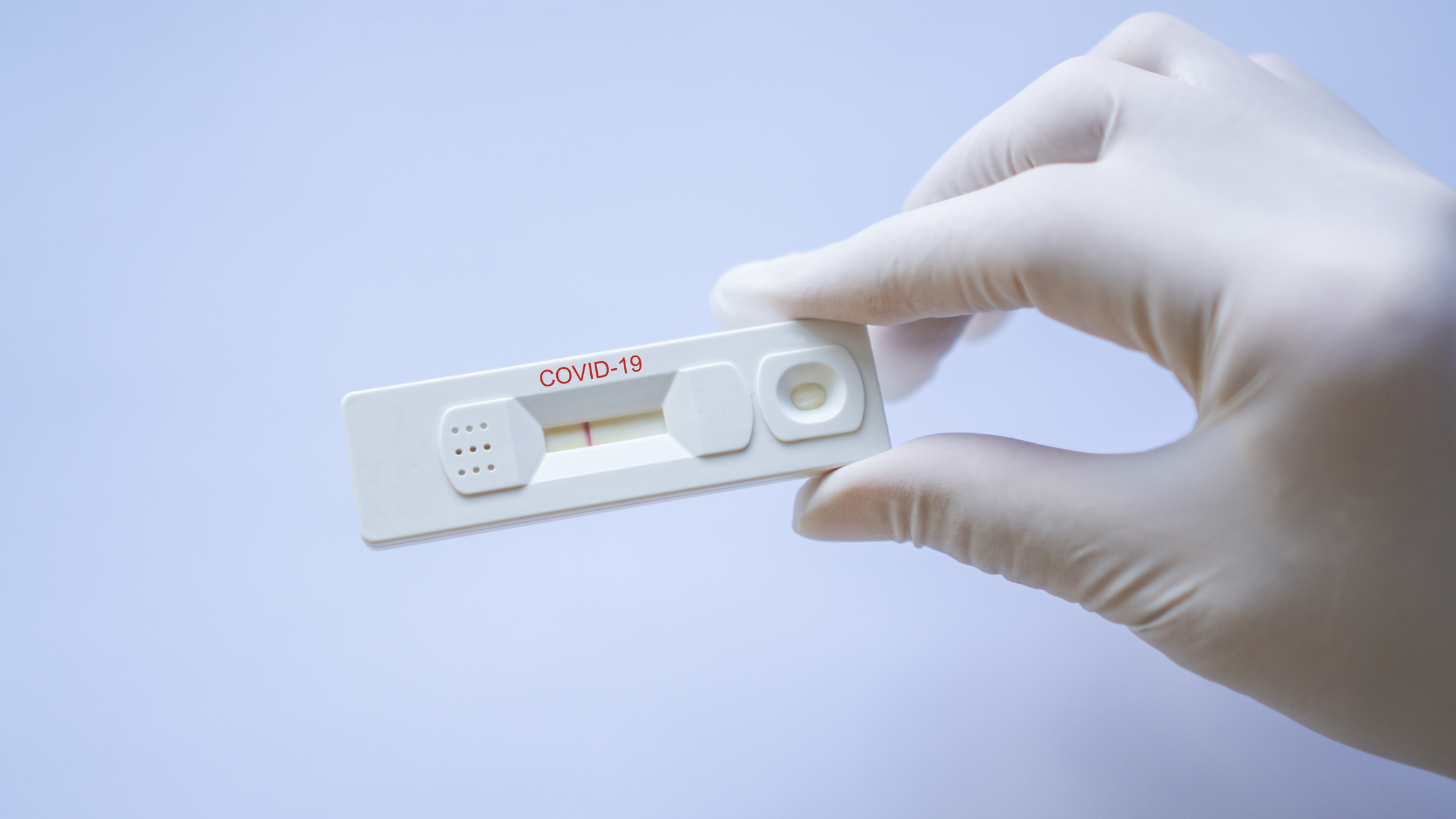Get Easy Health Digest™ in your inbox and don’t miss a thing when you subscribe today. Plus, get the free bonus report, Mother Nature’s Tips, Tricks and Remedies for Cholesterol, Blood Pressure & Blood Sugar as my way of saying welcome to the community!
Mild COVID-19 infection may provide long-term immunity after all

One of the biggest questions we still need to answer about COVID-19 is whether we develop any sort of immunity to it once we’ve had it. So far, research and anecdotal evidence related to this question has been all over the board.
Some research seems to show that we develop temporary immunity to it like we would with a cold. But on the other hand, some anecdotal evidence shows that we may be at risk of becoming infected over and over. So, what’s the truth?
Well, it’s far too early to know exactly how immunity to SARS-CoV-2 (the virus that causes COVID-19) works with any certainty. But new research just revealed some surprising and very welcome information about how our immune system responds once we’ve gotten over this unpredictable virus…
Protective immune cells stick around long after a COVID infection has cleared
Several new studies on SARS-CoV-2 immunity are all pointing to one very hopeful conclusion — we may develop long-term immunity even if we only have a mild infection. Here’s what researchers have discovered about SARS-CoV-2 immunity recently…
Antibodies and immune cells called B cells and T cells triggered by the virus stick around in the body for months after an active infection is over. In other viral infections, this type of response usually indicates some level of immunity.
That’s because these antibodies and cells are specifically created by the body to recognize the SARS-CoV-2 virus. So, in all likelihood, if you were exposed to it again, your body would be able to fend it off and you wouldn’t develop symptoms.
More specifically, when your body is exposed to a viral infection, B cells produce antibodies that will last for a few weeks to a few months. These antibodies can’t propagate themselves, so eventually, they’ll die off. Many of the B cells will fade away after the virus is gone too. But there are some B cells that stick around for the long haul. They’re kind of like bodyguards that keep an eye on things in case the original intruder, or in this case, virus, decides to make a return visit.
These B cell bodyguards typically stay in the bloodstream or hide out in the bone marrow. The ones in the bone marrow often keep making antibodies for years. In studies on SARS-CoV-2, researchers have found antibodies in people’s blood months after their initial infection. This is a good indicator that B cells are hiding in the bone marrow creating antibodies for protection.
Recent research has also shown that T cells designed to attack SARS-CoV-2 are still present in the blood months after infection. When these T cells detect the coronavirus, they start cloning themselves, until they end up with a little virus-killing posse.
Now, there are a few caveats here. While all this research points to the development of immunity, it doesn’t guarantee it. It’s merely a promising sign. Also, most of this research was performed on people with mild cases of the virus. It’s hard to say how the immune systems of people who had extreme cases or people who had asymptomatic cases will respond.
Don’t let your guard down quite yet
Hopefully, this research is a sign that many people will have long-term immunity to this unpredictable virus. Another promising fact worth mentioning is that unlike influenza bugs, which mutate quickly and often, coronaviruses mutate more slowly. So, it’s less likely we’ll have a new virus that’s unrecognizable to the immune system every season like we have with the flu. But once again, none of this is a sure thing. So that means you need to keep taking precautions to protect yourself, even if you’ve already had the virus.
Sources:












